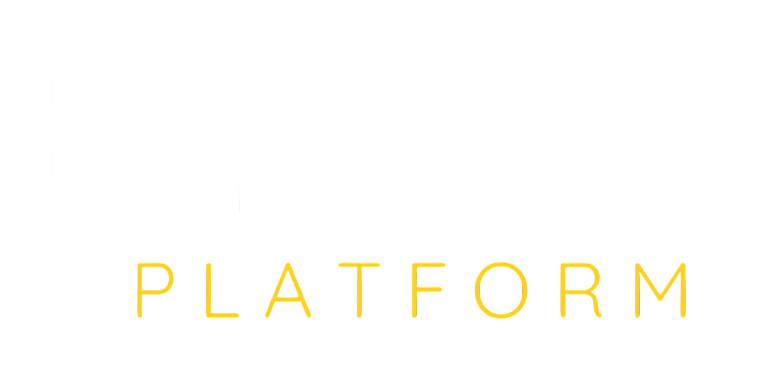
What Is a SEO Audit? A Complete Guide for Businesses
8/6/2025
Introduction
In the fast-moving digital space, getting your business website to rank on search engines isn't just about publishing content and hoping for the best. SEO is a long-term game, and like any system, it needs regular performance checks. That’s where SEO audits come in.
Think of an SEO audit as a comprehensive health check for your website. It reveals what’s working, what’s broken, and where the biggest growth opportunities lie. Whether you’re running an eCommerce site, a SaaS platform, or a service-based business, understanding and performing regular SEO audits is critical to maintaining strong online visibility.
What Is an SEO Audit?
An SEO audit is a structured process that evaluates how well your website is optimised for search engines. It assesses a wide range of technical, on-page, off-page, and user experience factors to identify issues that may be affecting your search performance.
In simple terms, it’s like bringing your website into the shop for a tune-up. From broken links and slow load times to duplicate content and keyword gaps, an SEO audit uncovers the roadblocks standing between your site and higher rankings.
Why Your Business Needs Regular SEO Audits
Search engines like Google are constantly evolving. What worked six months ago might not be enough to compete today. Here’s why regular SEO audits are essential for businesses:
- Algorithm Updates: Google updates its algorithm thousands of times a year. Audits help ensure your site stays compliant and competitive.
- Technical Errors Accumulate: Over time, websites develop broken links, crawl issues, or indexation problems that quietly kill rankings.
- Content Gaps Grow: Your competitors are publishing, optimising, and improving daily. Audits help you stay ahead.
An audit helps you catch and correct issues early, before they start costing you traffic and conversions.
Core Components of an SEO Audit
A comprehensive SEO audit typically covers four major areas, each focusing on different aspects of your website’s health and performance.
1. Technical SEO Audit
This part of the audit checks the technical foundation of your site:
- Site speed: Is your website loading fast on all devices?
- Mobile-friendliness: Is the site responsive and easy to navigate on smartphones?
- Crawlability and indexability: Can search engines access and index your content properly?
- XML sitemaps and robots.txt: Are they correctly configured?
Any issues here can prevent Google from even seeing your content, making everything else pointless.
2. On-Page SEO Audit
This focuses on the content and structure of individual pages:
- Title tags and meta descriptions: Are they optimised for keywords and click-throughs?
- Header tags: Is your content well-organised?
- Keyword usage: Are you targeting the right keywords naturally?
- Content quality: Is the content informative, relevant, and valuable to your audience?
Clean, targeted, and properly formatted content gives your pages the best chance to rank.
3. Off-Page SEO Audit
This area examines how your website is perceived by external sources:
- Backlink profile: Who’s linking to you, and are those links helping or hurting?
- Domain authority: How strong is your domain compared to competitors?
- Referral traffic: Where are users coming from?
If your off-page signals are weak, you’re missing out on ranking potential.
4. UX and Site Structure
Search engines reward websites that offer great user experiences:
- Navigation and internal linking: Is it easy for users to move around your site?
- Site structure: Is your content organised logically?
- Engagement metrics: Are users spending time on your pages or bouncing quickly?
If visitors can’t find what they need, search engines will take notice and penalise you for it.
How to Run an SEO Audit (Tools)
While some parts of an audit can be done manually, much of it is powered by tools. Here are a few commonly used platforms:
- Google Search Console: Free, and excellent for detecting index and coverage issues.
- Screaming Frog: Great for technical crawling and diagnostics.
- SEMrush & Ahrefs: Provide in-depth audits covering technical, on-page, and off-page factors.
Despite what the tools can tell you, a human layer of review is essential. Tools show the “what”; experts reveal the “why” and “how to fix it.”
Common SEO Issues You Might Discover
Even well-maintained websites tend to collect errors over time. Some typical issues include:
- Broken internal or external links
- Duplicate title tags or meta descriptions
- Missing image alt text
- Pages not indexed by search engines
- Poor Core Web Vitals scores (site speed, visual stability, interactivity)
Each of these issues can impact rankings, especially when left unresolved.
What Happens After the Audit?
An audit is only the beginning. What truly drives results is the implementation phase. This includes:
- Prioritising issues based on impact and urgency
- Fixing technical problems
- Updating or rewriting low-performing content
- Improving site speed and mobile usability
- Strengthening backlink profiles
Final Thoughts
An SEO audit isn’t a one-time event. It’s a recurring process that ensures your website stays optimised, competitive, and conversion-ready.
For businesses serious about digital growth, a consistent audit schedule can mean the difference between being visible and being invisible online.
Let Bytes Platform audit your website, uncover what’s holding you back, and help you turn your online presence into a true growth engine. Contact us now.
Related Articles

7 Digital Marketing Trends in 2026: What Businesses Must Know to Stay Ahead
7 Digital Marketing Trends in 2026

8 SEO Trends for 2026: A Complete Guide to Staying Ahead in Search Rankings
8 SEO Trends for 2026

Top 5 Mobile App Development Trends 2026: A Complete Guide for Businesses
Top 5 Mobile App Development Trends

